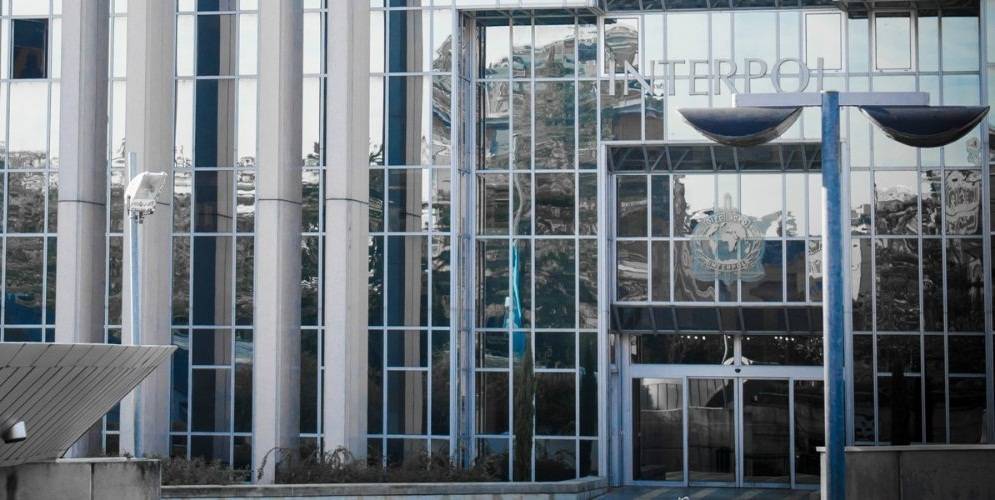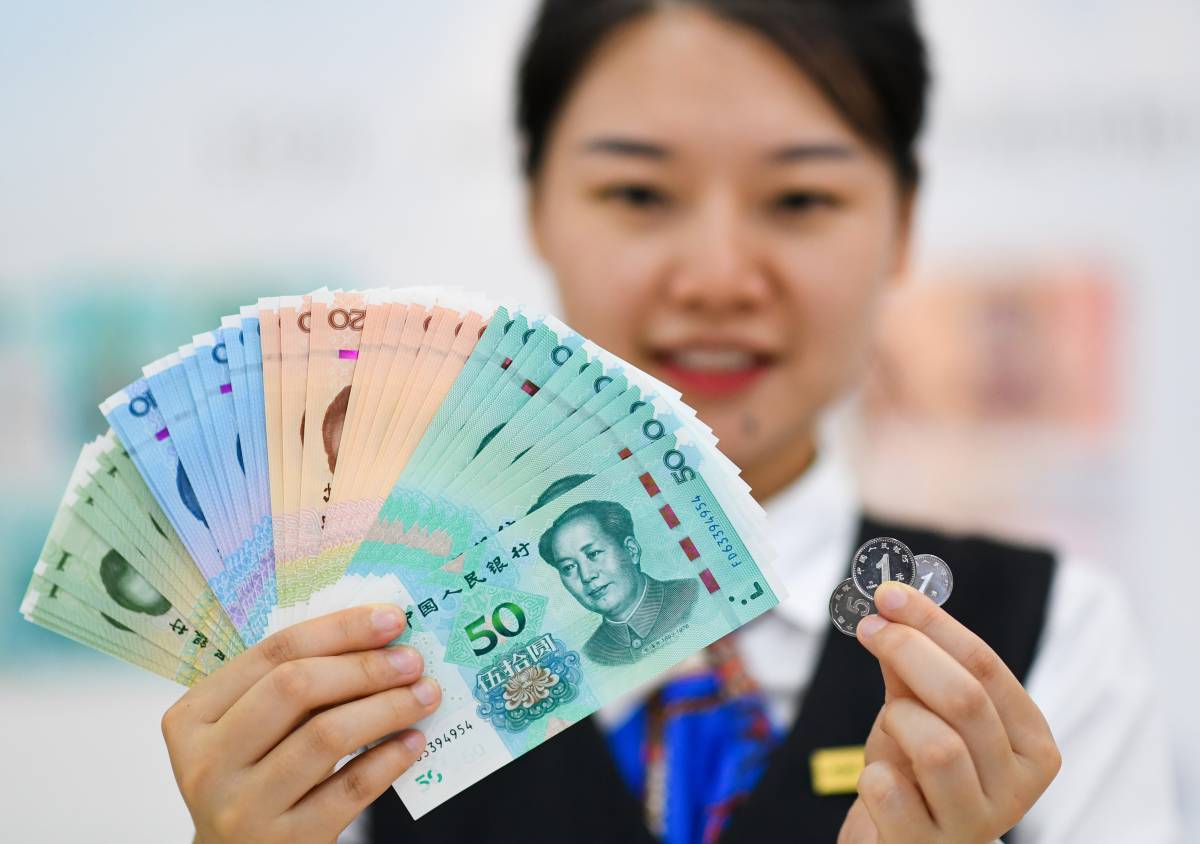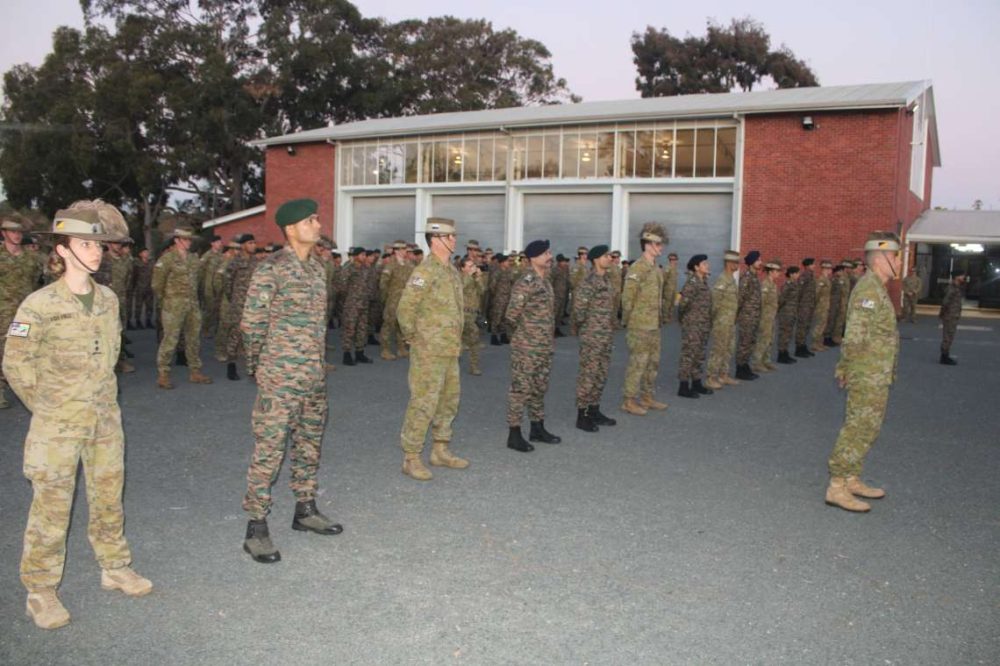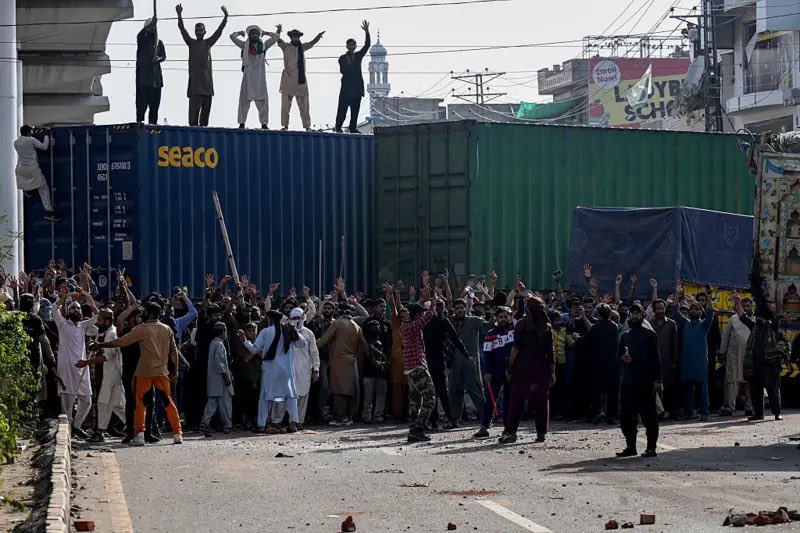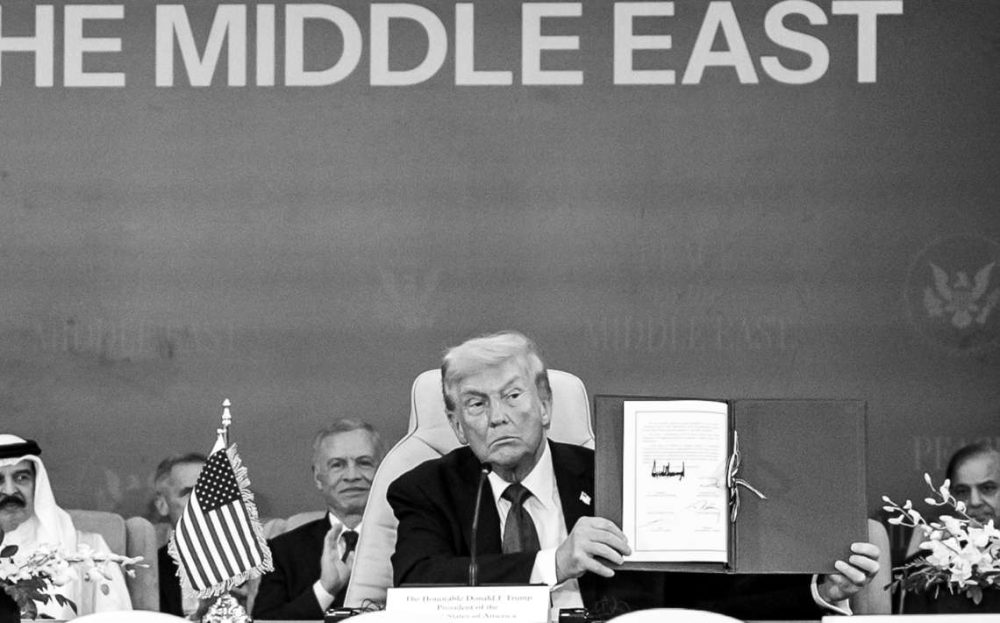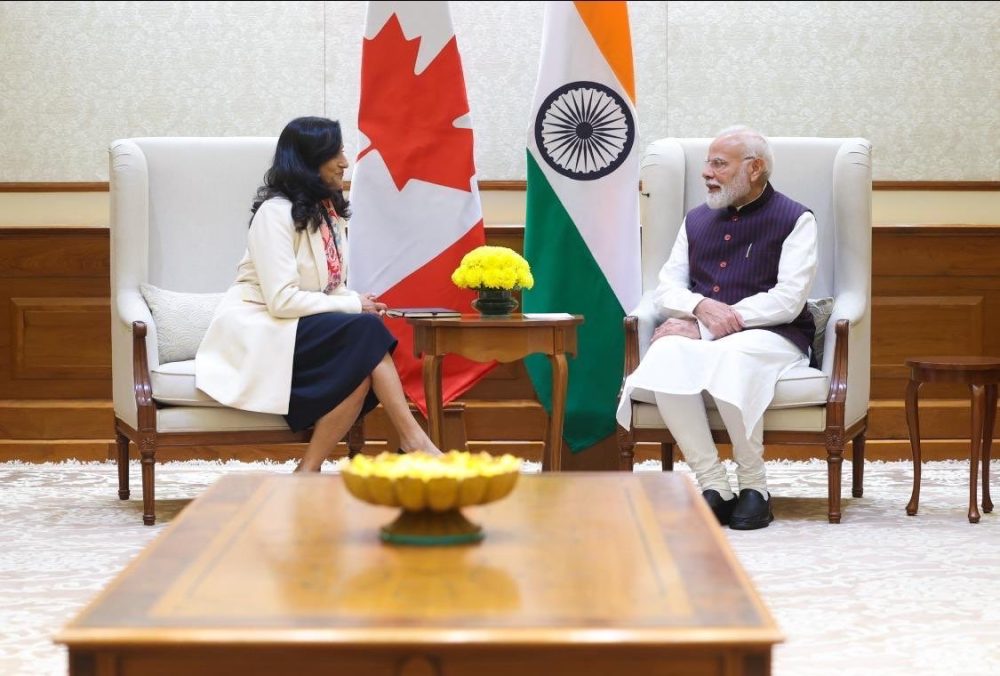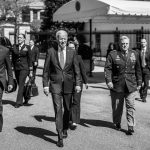50 legislators from the Inter-Parliamentary Alliance on China (IPAC) have penned a joint letter to their governments raising alarm at the PRC’s moves to gain influence over the global policing body. …reports Sanjeev Sharma
Parliamentarians and activists from around the world have launched a global alarm at Chinas moves to gain influence over the global policing body, Interpol.
The global campaign is to oppose the candidacy of Hu Binchen, a Deputy Director General at China’s Ministry of Public Security, to the Interpol Executive Committee at its General Assembly session later this month.
In addition, 50 legislators from the Inter-Parliamentary Alliance on China (IPAC) have penned a joint letter to their governments raising alarm at the PRC’s moves to gain influence over the global policing body.
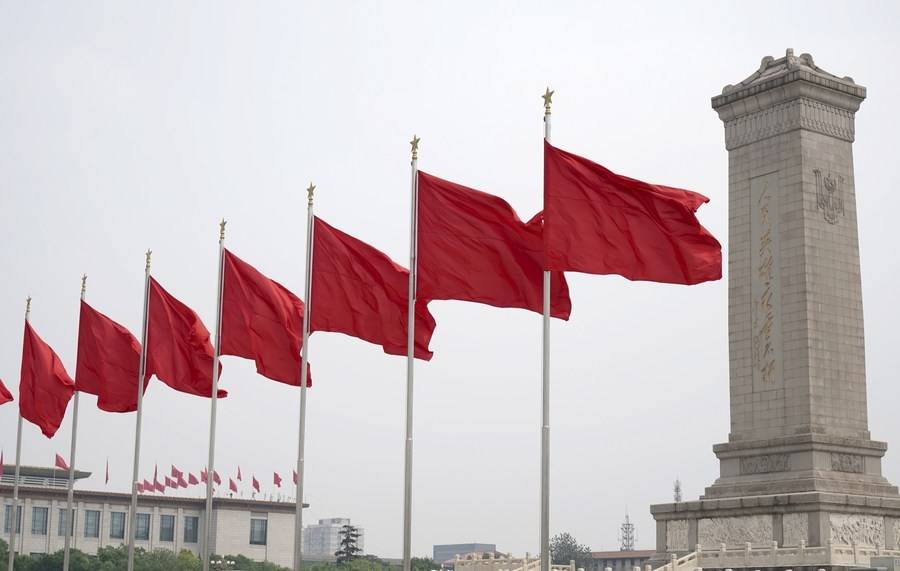
The letter references recent attempts by the Chinese government to use the Interpol Red Notice system to target Uyghur activists living in exile and argues that Hu Binchen’s election would give Beijing a ‘green light’ to continue using Interpol as “a vehicle for the PRC government’s repressive policies.”
The signatories span 20 countries across four continents, with prominent figures including German Green Reinhard Bütikofer MEP, Chair of the European Parliament’s China Delegation; Iain Duncan Smith, former UK Conservative Party leader; Australian Labor Senator Kimberley Kitching; and former US Senator Marco Rubio.
The moves were accompanied by a separate letter from 40 activists to Interpol member states warning that Hu Binchen’s election would have “grave consequences for the safety and wellbeing of Chinese, Hong Kongers, Taiwanese and Chinese human rights activists living outside China as well as Tibetan and Uyghur diasporas”.
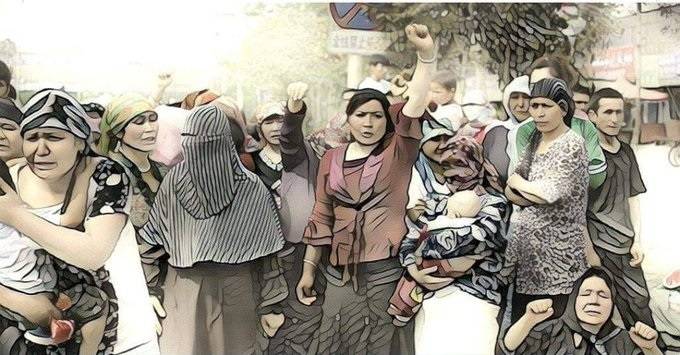
Prominent signatories include World Uyghur Congress President Dolkun Isa, himself subject to an Interpol Red Notice by the PRC government for nearly two decades; and former Hong Kong legislators Nathan Law and Ted Hui, both of whom are wanted by the Chinese government for alleged violations under the city’s so-called National Security Law.
Dolkun Isa, Uyghur activist and President of the World Uyghur Congress, said: “For many years, I have personally experienced the consequences of China’s abuse and repressive influence at international institutions. Until 2018, China’s Interpol Red Notice against me posed a particular threat and barrier to my work to defend and promote Uyghur rights and freedoms. The international community cannot allow China’s attempts to influence and abuse multilateral institutions like Interpol to continue unchecked.”
Senator Kitching, IPAC Co-Chair, said: “The Chinese Communist Party is increasing its influence over the world’s most important institutions. From the UN Human Rights Council to the World Health Organisation, we have already seen how the CCP’s pernicious influence poses a threat to us all. That Beijing could be extending its influence over the world’s policing body should be raising alarm bells in Embassies across the world. Our governments must press delegates to oppose Hu Binchen’s election.”
Nathan Law said: “We need to be aware of how the PRC and other authoritarian governments are using Interpol as a means to hunt exiled activists. We should avoid any attempts by the PRC to extend its influence over the system and to make Interpol the long arm of the Chinese state.”
Hu Binchen’s election bid coincides with the release of a new report into the Chinese government’s efforts to hide the extent of its ‘long arm policing abroad’. The report, published by human rights advocacy group Safeguard Defenders, reveals for the first time how the Chinese government is refraining from making its INTERPOL Red Notice requests public, putting thousands of activists and dissidents at risk of arrest, detention and extradition to China. The report also examines the role of Hu Binchen’s International Cooperation Department in the PRC’s pursuit of alleged ‘fugitives’ abroad through legal and illegal means.


